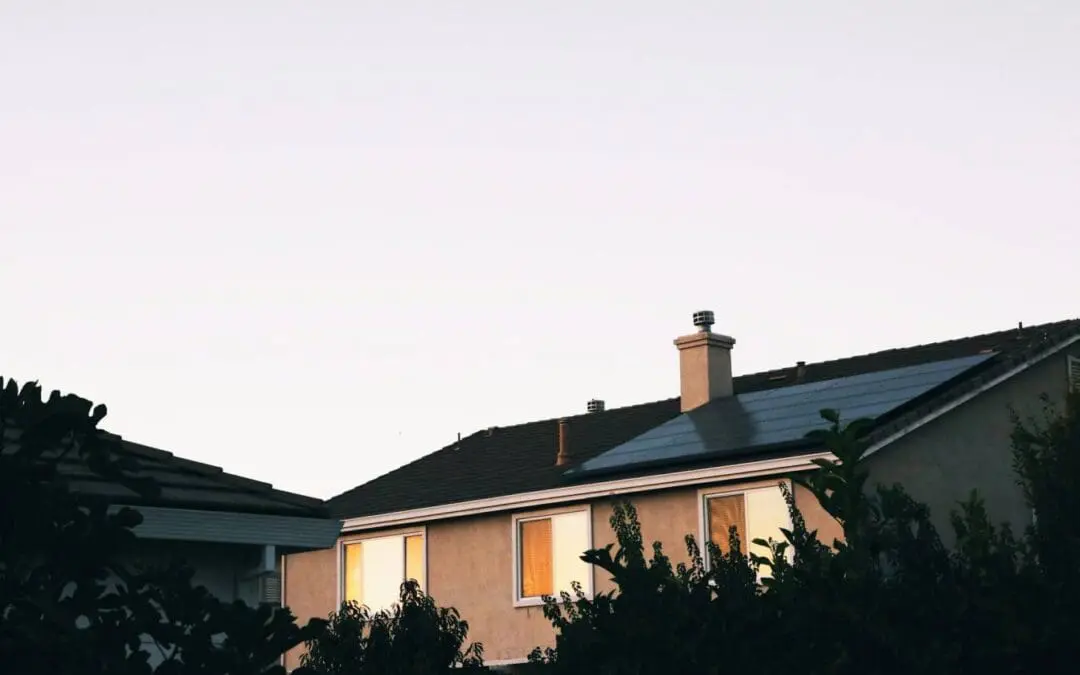Solar energy is increasingly becoming a popular choice for homeowners in the UK. With the benefits of reducing energy bills and decreasing carbon footprints, it’s no wonder many are considering this green investment. However, the efficiency and performance of solar panels can vary significantly based on several factors. Understanding these factors is crucial to making informed decisions and getting the most out of your home solar panels.
What do efficiency ratings mean?
Efficiency ratings indicate how well a solar panel can convert sunlight into electricity. This is typically expressed as a percentage. For example, a solar panel with an efficiency rating of 20% can convert 20% of the sunlight it captures into usable electricity. While most residential solar panels have efficiency ratings between 15% and 20%, advancements in technology are continually pushing these numbers higher.
The key factors impacting efficiency:
1. Shading
- Partial shading: Even minor shading from trees, chimneys, or nearby buildings can reduce a solar panel’s efficiency. This is because solar panels are usually connected in series, and shading on one panel can affect the entire system.
- Solution: Regularly trim nearby trees and consider micro-inverters or power optimisers to mitigate the impact of shading.
2. Orientation and tilt
- Optimal positioning: In the UK, solar panels should ideally face south and be tilted at an angle between 30° and 40° to capture the maximum amount of sunlight throughout the year.
- Solution: During installation, ensure that your solar panels are positioned correctly. If your roof does not have an ideal orientation or tilt, consider adjustable mounts.
3. Weather conditions
- Climate impact: The UK’s weather can be unpredictable, with cloudy days reducing solar panel efficiency. However, modern solar panels can still generate electricity efficiently under diffuse light conditions.
- Solution: Invest in high-quality panels known for better performance in low-light conditions.
4. Temperature
- Heat sensitivity: Solar panels perform best in cooler temperatures. High temperatures can decrease their efficiency, a factor less concerning in the UK’s temperate climate but still worth noting.
- Solution: Ensure adequate ventilation around the panels to allow for cooling.
Tips for maximising solar panel performance
1. Regular maintenance
- Clean the panels periodically to remove dust, leaves, and other debris that may obstruct sunlight.
- Inspect the system regularly for any signs of damage or wear and tear.
2. Monitor performance
- Use a solar monitoring system to track the performance of your panels and identify any issues early.
- Some systems offer mobile apps, providing real-time data and alerts.
3. Upgrade inverters
- Consider upgrading to more efficient inverters as technology advances.
- Inverters play a crucial role in converting the electricity generated by your panels into a form usable by your home.
4. Energy storage
- Investing in a battery storage system can help you store excess energy generated during sunny periods for use during cloudy days or at night.
- This not only maximises efficiency but also ensures a steady energy supply.
Latest advancements in solar technology
1. Bifacial solar panels
- These panels capture sunlight from both sides, increasing energy generation, especially in reflective environments like snowy or sandy areas.
2. Perovskite solar cells
- Perovskite cells promise higher efficiency rates and lower production costs. They are still in the research phase but show great potential for the future.
3. Thin-film solar panels
- Flexible and lightweight, thin-film panels can be used in various applications where traditional panels are not feasible.
4. Smart solar solutions
- Integrating AI and IoT with solar systems allows for smarter energy management, predictive maintenance, and optimised performance.
5. Micro-inverters
- Micro-inverters allow for each solar panel to be used independently. This ensures that even panels with different levels of sunlight exposure produce the maximum amount of power possible.
Maximising the efficiency and performance of your home solar panels involves understanding and addressing the various factors that can impact them. By keeping up with regular maintenance, optimising the placement of your panels, and staying informed about the latest advancements in solar technology, you can ensure that your investment yields the best possible returns.
Ready to make your home greener? Learn more about how you can maximise the efficiency of your solar panels and take the first step towards sustainable living. Contact us today to speak with an expert and get personalised advice tailored to your needs.

